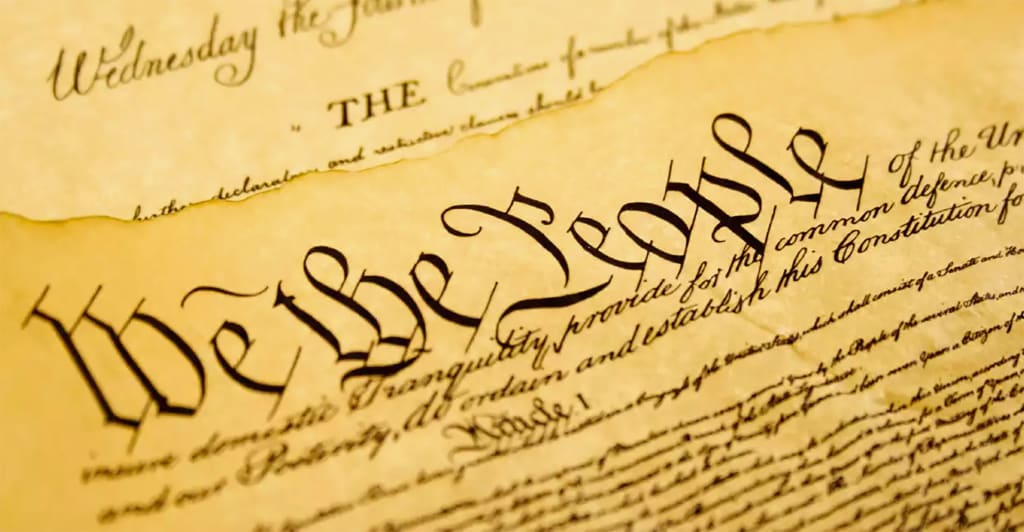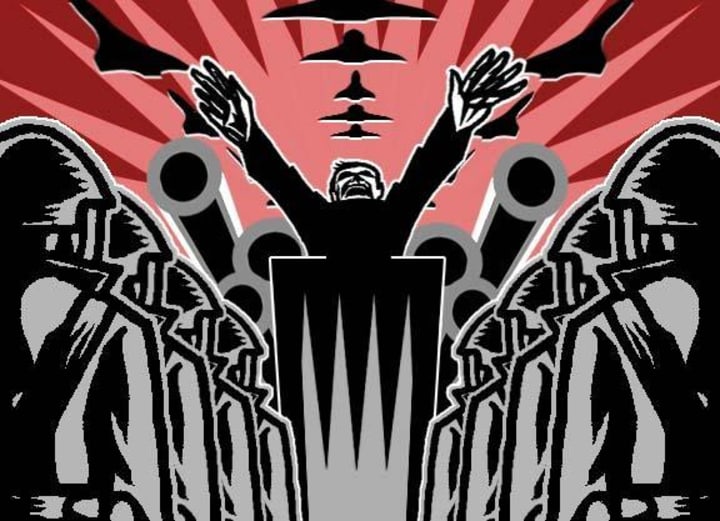Beginner's Guide to the Most Common Forms of Government
In order to understand the political and social climate of any country, one must first understand the most common forms of government.

Government impacts every single part of a person's life - even if they don't realize it at the time. In order to understand the political and social climate of any country, you need to understand their government and how it works.
Throughout history, there have been many different ways governments have organized. Some forms, such as tribalism, are no longer feasible in today's society. Because of the way that life has evolved, most countries now subscribe to one of five common forms of government.
Each of these five kinds of government has its own perks and pitfalls. This is what everyone should know about them.
Democracy

Democracy is a word that literally translates into "rule by the people," and as the name suggests, it's a form of government which involved direct input from citizens. Democracies are typically only seen in small communities, since every single issue wold have to be voted upon. Counting all those votes would take too long in most cases.
This form of government is typically called direct democracy. The only problems with direct democracy is that it's often time-consuming to count votes, and that it tends to be subject to "mob rule" thinking.
Republic

Republics are a lot like democracies. The majority of the state's power is still held by the people, however, the big difference is that people will elect representatives whose job it is to vote on issues regarding the country's laws and movements. These governments are also called "representative democracies" by political scientists.
Republic governments can have a number of different forms, including the following:
- Parliament-based governments
- Monarchic republics
- Single party republics
Generally speaking, most people would say that the US is a republic by this definition. The problem with this form of government is that representatives may not always act in the best interest of their constituents.
Monarchy

Monarchies are currently one of the oldest forms of government still found throughout the world, and it's based on rule by a king or queen. Unlike in democracies or republics, monarchist nations have rulers that inherit the position. Two primary types of monarchy are still in existence today.
The first type is absolute monarchy, and this form of government means that the king or queen will have the ultimate say on what happens in the nation. This form of government is increasingly rare because of the high chance of it turning into an authoritarian regime.
Constitutional monarchy is the second, more common form of monarchy. In this form of government, royal families may have a say in what happens, but the ultimate power is left to the people. The citizens are allowed to elect governing officials, and royals have limits on what they can do.
The most common issue with monarchies is that you can't exactly guess how a person who's born into the position of king or queen will act. The UK, Tuvalu, and Spain all are monarchist countries.
Communism

Although communism is more of a form of economics than a form of government, there are such things as communist governments. Communist governments are based off of the writings of Marx and Lenin, and tend to be based off of a single party or person's rules.
Because there's such a strong emphasis on a certain style of economy, many communist governments may have strict rules about wealth distribution, workers' rights policies, and lifestyle choices. Typically, in communist countries, the people implicitly consent to being ruled.
China, Cuba, and Laos are all communist countries today. The problem with communist country rule is that it often turns dictatorial in nature, and that corruption often becomes a necessary part of life if people want to survive.
Dictatorship

Dictatorships are governments that are run by a single person and his or her lackeys. Unlike other forms of governments, there are no limits placed in a dictator by constitutions, parliaments, or similar safeguards. In fact, dictators often come to power with the aid of enforcers. Military dictatorships are the most common form of dictatorship.
In a dictatorship, the people who are being governed don't consent to it. These kinds of governments tend to be extremely dangerous to their own people, and often involve high levels of violence.
Though dictatorships tend to have the perk of being quick decision-making abilities, these kinds of governments are very rarely ever stable in the long term.
About the Creator
Cato Conroy
Cato Conroy is a Manhattan-based writer who yearns for a better world. He loves to write about politics, news reports, and interesting innovations that will impact the way we live.






Comments
There are no comments for this story
Be the first to respond and start the conversation.